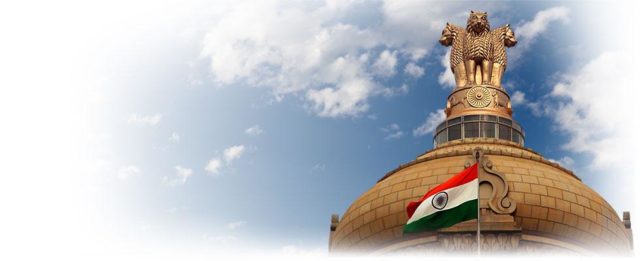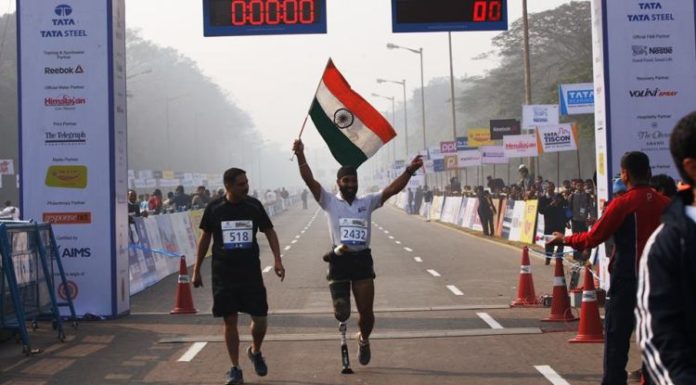When India became a nation on August 15, 1947, it was land rife with social problems. Poverty, caste-ism, gender discrimination and many other problems had been bequeathed to India’s newly-formed Government by the colonial rulers. Over the next few decades, successive administrations took steps to deal with these problems in a meaningful way, and it must not be denied that a lot of progress has taken place on many fronts.

However, in some measure or the other, some of these evils remain. Today, as we tread a path of increased self-sufficiency in all walks of life, it is important to look at how we the young citizens of India can look to help solve these problems that persist. Below, we examine four such areas where the Youth can contribute to making India a better place for all its citizens.
Child Labour
With millions of children still forced into labour every year, there is no doubt that this is a major problem. Such children are deprived of the opportunity for an education, and from a physical and psychological viewpoint, such labour has a huge negative impact on the individual and consequently the entire generation.
As responsible youth, we need to recognise that we are now a major economic force in this country. Our spending power and buying decisions impact entire sectors. It is time, therefore, to take a stand against Child Labour by boycotting the use of any products or establishments (Shops / Hotels) that employ it. Industries like garments, leatherworks and fireworks are notorious for their use of illegal child labour. When buying in any of these categories, we must ensure that the products are not made using child labour at any stage of manufacturing.
For the long term, we must also petition the Government and volunteer with NGOs to ensure enforcement of the Child and Adolescent Labour Act, 1986.
Illiteracy
Despite much progress on this front, illiteracy remains widespread in India. Both access and quality of primary education is in poor shape, as we have discussed elsewhere on these pages. Indeed, we who are privileged to have received a school and college education must consider ourselves very fortunate to have done so. The best way for youth to deal with this is to take a pro-active role in fighting against illiteracy by volunteering with schools and NGO’s and with initiatives like Teach India to spread the light of education as broadly and as brightly as possible.
Gender Inequality
Whether at home or in the workplace it cannot be denied that India has a gender inequality problem. Both in terms of access to work and in being discriminated against for promotions, we do give women a raw deal. In addition, the specific healthcare needs of women are rarely addressed adequately, and finally there is the problem of re-assimilation of women into the workforce after pregnancy and childbirth.
In this respect, youth at all stages of educational and career growth must support the steps already being taken by the Government to make education more easily accessible to women, whether by concessions in terms of fees or otherwise, as well as in making and implementing anti-discrimination laws in the workplace. Corporate India, in particular, has for too long functioned as an ‘Old Boys club’, which needs to change when the young men and women enter it.
Superstition
Whether it is blind ritualism or faith in Godmen, superstition is a particularly pernicious disease in the Indian psyche. Attempts to remove superstition as malaise from our society have met with stiff resistance, upto and including the murder of Mr. Narayan Dabholkar, for a long time the face of the anti-superstition movement in India.
Far from turning away from rituals we find Indian Youth blindly following religious and social dogma, unwilling to use their minds to think, and preferring to follow the diktats of self-appointed ‘leaders’. It is high time that we spoke out strongly against this kind of behaviour and consigned the various ‘tributes’ and ‘tantric remedies’ to the dustbin of history. Only by fearless and vociferous rejection of such practices can we hope to make ours a strong and progressive country.































